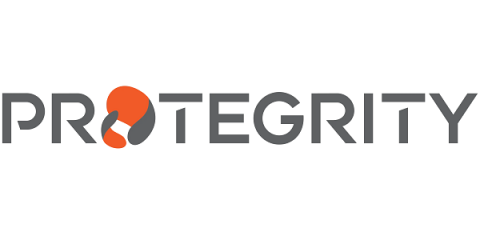Cybersecurity Compliance for IT: Key Regulatory Frameworks and Standards
Cybersecurity compliance is crucial for protecting sensitive data and ensuring adherence to global security compliance standards. Protegrity’s comprehensive data security solutions, such as tokenization and dynamic data masking, empower organizations to safeguard their sensitive PII while allowing specific data sets to be protected and maintain compliance with regulations like GDPR, HIPAA rules and regulations, and PCI-DSS.





